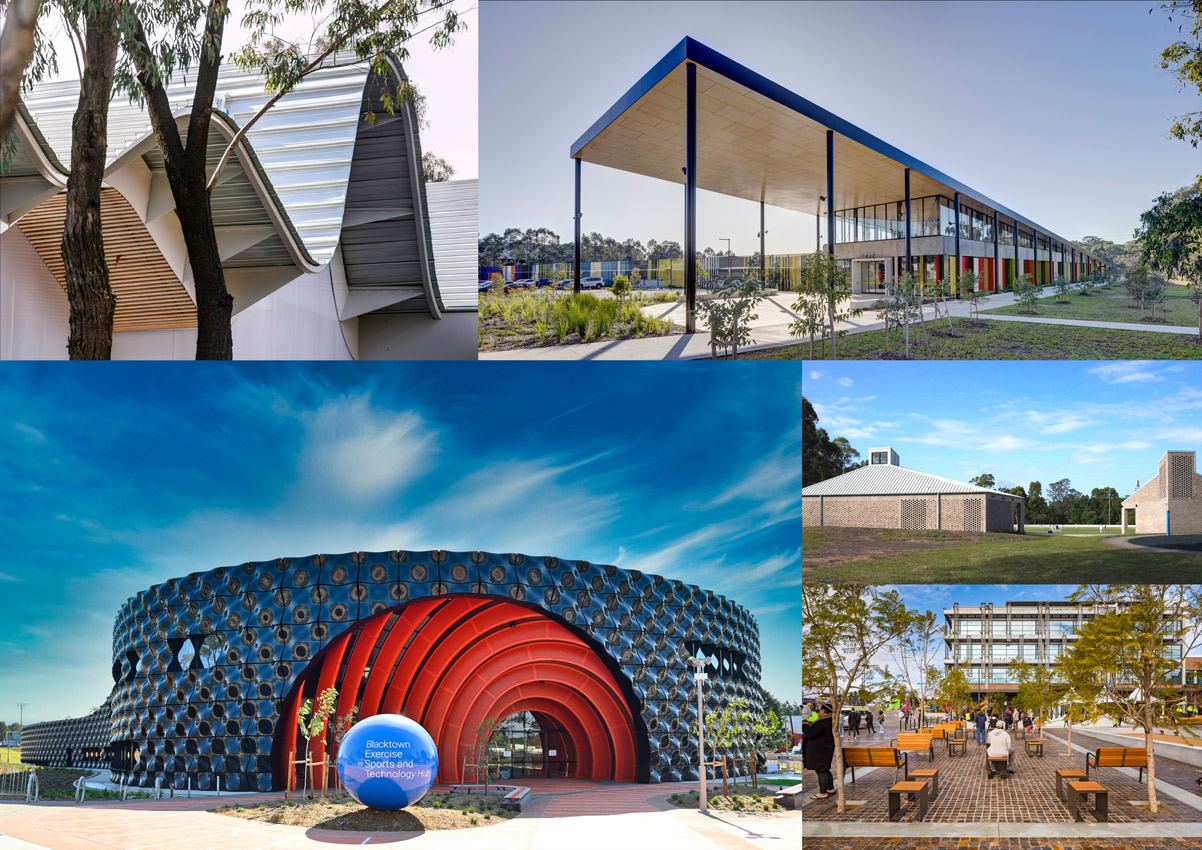NSW President's Prize

President's Prize Winners

CAROLINE BUTLER-BOWDON | STATE LIBRARY NSW
This year, it felt it essential to return to fundamentals: knowledge.
Without knowledge, progress is impossible. Our decisions risk being biased, shaped solely by individual experiences and limited perspectives. Research and history guide us to achieve better outcomes for the future.
The past few years have been deeply challenging for society. We have faced the profound impacts of a global pandemic that strained our social fabric. We are witnessing the troubling effects of social media on younger generations, the escalating consequences of climate change exacerbated by urbanisation, and a financial crisis affecting us all.
Our social structures are under immense pressure. We see more people without stable housing, fewer care options for the elderly, and an intensifying mental health crisis among our youth.
In such times, there is one place—a very special place—that offers support and continuity. This place has historically woven our society together, serving as a sanctuary for all. As my recipient so beautifully puts it:
“They’re places that make your heart sing, lift your spirit. It’s that extraordinary feeling of crossing the threshold and being somewhere special.”
Elizabeth Carpenter, NSW Chapter President was honored to award the President’s Prize to Dr Caroline Butler-Bowdon, our current State Librarian, and her organization, the State Library of NSW.
Dr Caroline Butler-Bowdon is a published author in architecture and urban history and has 20 years of leadership experience in public institutions, including Sydney Living Museums (the Historic Houses Trust) and the Art Gallery of NSW. Her career has been dedicated to leadership that connects citizens and visitors to special places, culture and heritage through a broad range of statewide public engagement programs.
Before starting at the Library, she was a Deputy Secretary for Cities and Active Transport for NSW Government, where her work focused on major policy and program of investment in NSW addressing the wellbeing, walkability and activation in our streets, and civic places. She also serves on a range of juries, committees and boards to promote the power of place, culture, community and public space in Australia.
This recognition celebrates the vital role libraries play as champions of knowledge and highlights the transformative power of thoughtful architecture.
Libraries have always understood the importance of creating spaces that inspire. Now, more than ever, we recognise libraries as essential public infrastructure, bearing a civic presence that serves and uplifts us all.
In the noise of the modern world, it is crucial to pause and reflect on why knowledge matters—especially when nurtured in a positive environment.
Through Caroline’s wealth of experience in placemaking and public spaces, she continues to champion the importance of libraries as civic spaces.
Civic spaces are a critical part of the fabric of our cities. When your apartment is too dark or damp, the library becomes a place of rest, respite, and reinvigoration through knowledge.
Libraries connect regional towns across Australia. They are safe spaces where knowledge knows no discrimination. They remain among the last public institutions where the benefits of thoughtful design and uplifting architecture are both understood and appreciated.
At the Institute, we look forward to sharing knowledge with Caroline through a shared common interest on the importance of the public domain and civic spaces.

CHRIS THOMAS
Chris Thomas was posthumously awarded the President’s Prize in recognition of his significant contribution to Public Architecture and Public Domain.
For more than twenty years Chris Thomas was the Manager of Design at the City of Sydney. In this role Chris was instrumental in helping instill an appreciation for quality design outcomes – championing design excellence across a portfolio of architecture, landscape architecture and public art. He showed a deep understanding of the importance of delivering exceptional and site responsive projects for the community.
With a background in Architecture and Landscape Architecture, in his role at the City of Sydney, Chris guided a breadth of built typologies ranging from significant city shaping projects through to intimate pocket parks; foreshore connections, aquatic and recreation facilities, streets and public places, parklands, civic and community buildings and heritage adaptive reuse projects. Prior to joining the City of Sydney Chris began practice at Conybeare Morrison and Hassell where he contributed to many award-winning projects, notably Dixon Street (Haymarket), Victoria Park Public Domain (Zetland) and Olympic Park Station (Homebush) which received the 2023 Australian Institute of Architects NSW Chapters Enduring Architecture prize for its continuing contribution to urban architecture and the public realm.
Leading and inspiring a new generation of design managers at the City, Chris developed a rigorous design process encouraging engagement with design practices of all sizes, including providing opportunities for young and emerging practitioners. Through his dedication, Chris contributed to the core fabric of the City and provided a design legacy that will be admired for generations.
Chris and the City’s Projects team’s achievements in guiding the delivery of outstanding community projects have been continually recognised by the industry with 226 awards celebrating more than 50 individual projects, breathtakingly resulting in an award won every year for the last 20 years. These awards have included 99 Australian Institute of Architects and Australian Institute of Landscape Architecture awards alone, including six Greenway Awards for Heritage, three Lloyd Reece Awards for Urban Design, three Sulman Medals for Public Architecture, the NSW Architecture Medallion, four NSW Medals for Landscape Architecture and an Australian Medal for Landscape Architecture.
Chris was a collaborative, strategic thinker, with exceptional design skills coupled with technical flair. Chris’s strength was in his ability to create a space for designers to achieve their best work. Chris never sought the limelight, but with this prize the Australian Institute of Architects would like to recognise Chris’ skill and dedication to the practice of Architecture and Landscape Architecture. His work has had a significant and lasting impact on the quality of Sydney’s public domain and the day to day lives of many.

